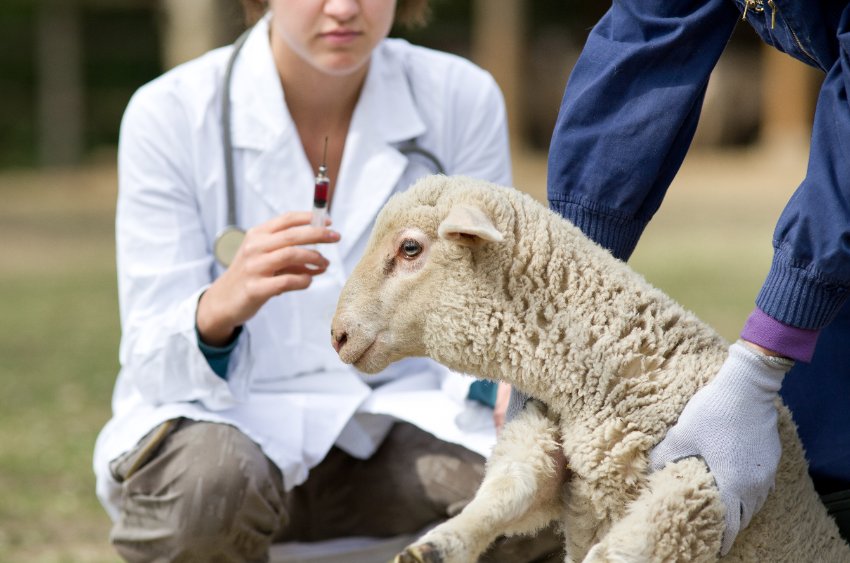
Up to 40% of veterinary medicine pack sizes could vanish from Northern Ireland by 2026 unless urgent action is taken to reinstate them in the Windsor Framework.
The Animal Health Distributors Association (AHDA) is calling on the UK government to align veterinary medicines with human medicines in the Windsor Framework.
It follows manufacturer announcements suggesting that nearly two-fifths of products available to Suitably Qualified Persons (SQPs) in Northern Ireland could disappear from the market.
While government estimates put the overall reduction at 10–15% of authorised medicines, AHDA says the impact on pack sizes within the SQP sector is far greater.
The association, which represents animal health product distributors and producers across the UK, has raised concerns about the effect on animal health and welfare, particularly for farm livestock and companion animals.
From January 2026, veterinary medicines will require separate authorisations for Great Britain and Northern Ireland. AHDA warns that this will restrict access to smaller, more affordable pack sizes that are critical for Northern Ireland’s predominantly small and medium-sized farms.
Without them, farmers could be forced to buy larger packs, increasing costs and the risk of antimicrobial resistance — or, in some cases, leaving animals untreated.
Bryan Lovegrove, AHDA’s chief executive, said recent figures from manufacturers had raised “alarm bells”. He warned: “This will leave Northern Ireland animal owners at a complete disadvantage, unsupported, and lacking access to the products that are available across the rest of Great Britain.”
He stressed that the problem was not caused by manufacturers but by policy. “What is important is to encourage manufacturers to share as much detail as they can about the impact on pack sizes to help build as full a picture as possible.”
AHDA argues that the burden will fall disproportionately on SQPs, who are responsible for prescribing around 80% of POM-VPS, NFA-VPS and AVM-GSL products in Northern Ireland, worth an estimated £35 million annually. Unlike vets, SQPs cannot use the cascade system to import alternatives.
Lovegrove warned that if SQPs lose access, Northern Ireland’s overstretched veterinary sector would struggle to cope. “The already stretched vet sector in Northern Ireland has reported to AHDA that they will not cope with an increased workload to replace the prescribing currently undertaken by the SQP sector.”
The association has written to MPs and peers urging them to act, warning that without changes, animal health, public health, and food security could all be undermined.
AHDA says delay risks creating a two-tier system that disadvantages Northern Ireland farmers and animal owners, while leaving animal welfare “out of the control of farmers, vets and SQPs, whose hands will be tied.”
